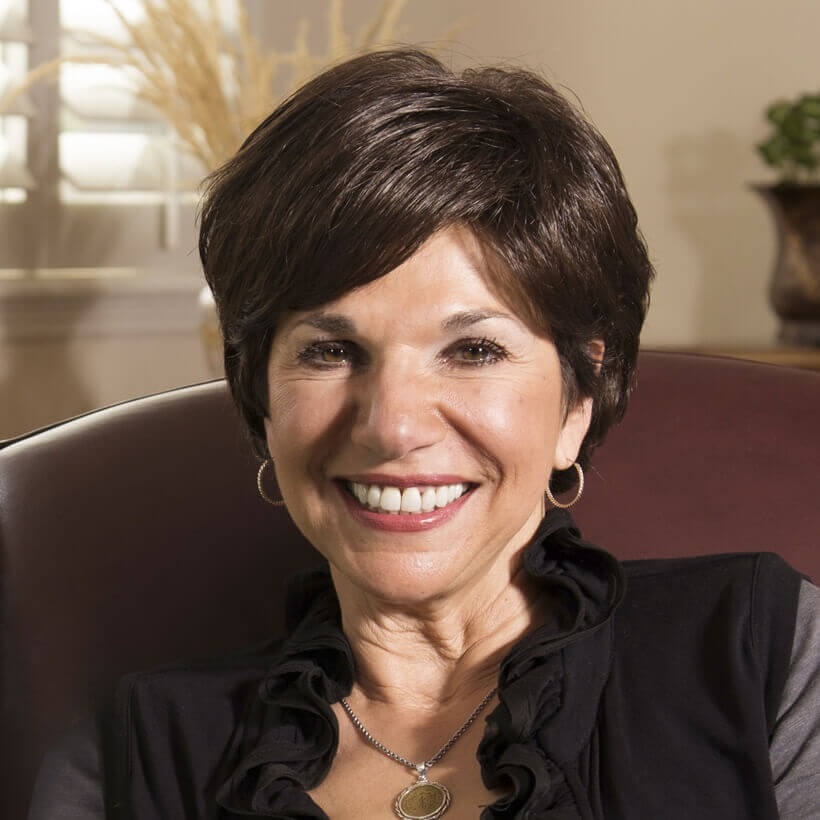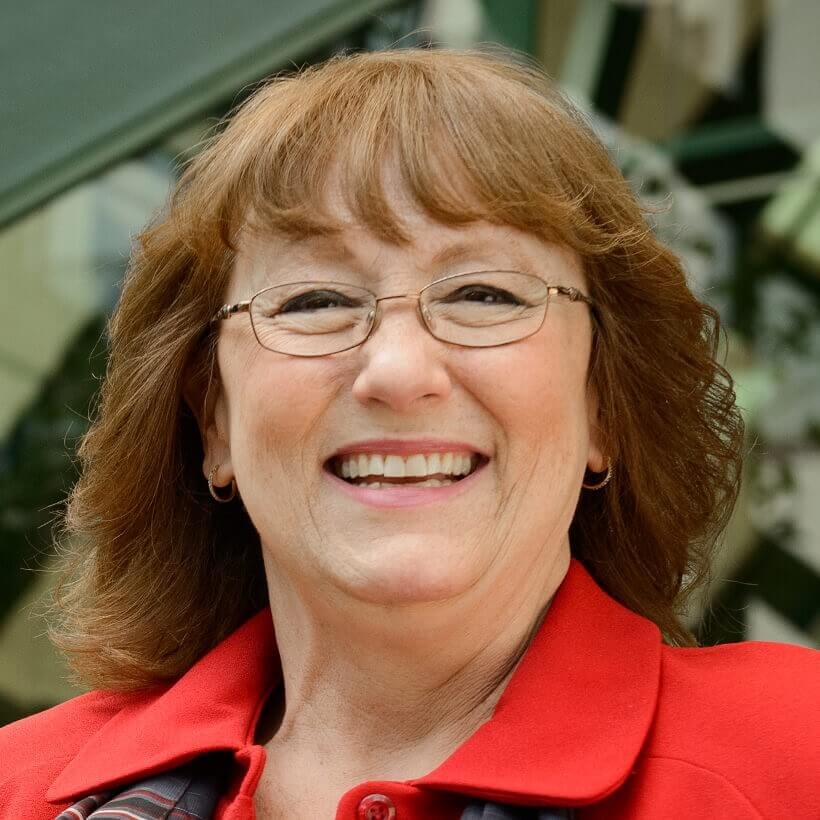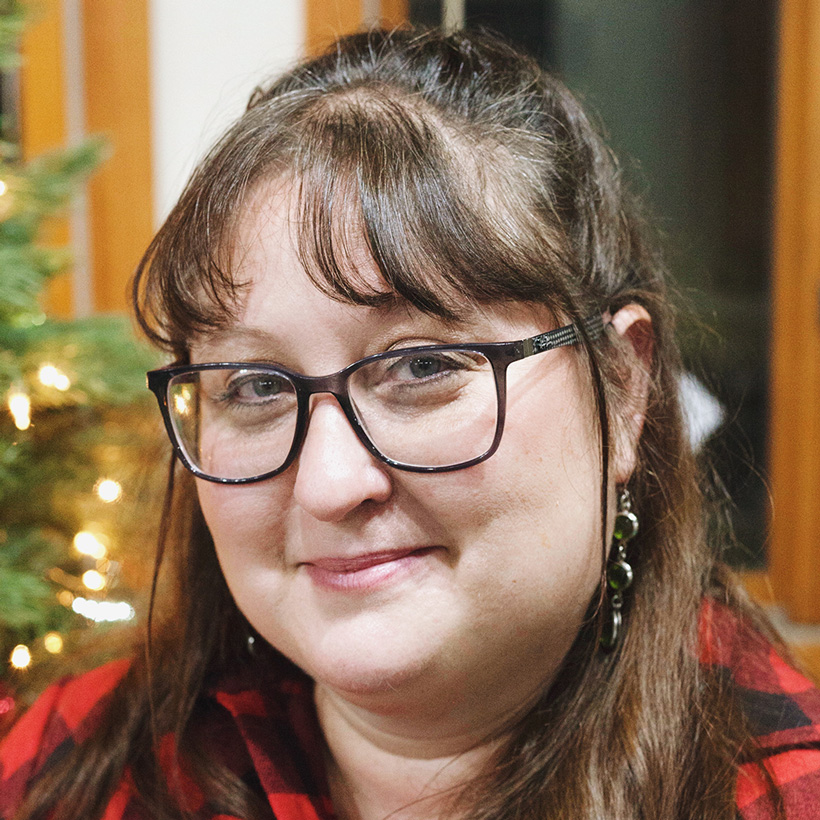

If you've received a cancer diagnosis, you want answers. These answers should come quickly to help empower you to make decisions about your cancer care. That’s why, at City of Hope, we get you the answers you need, with the urgency you deserve and the expertise to get it right.
Our laser focus on treating cancer means we have the expertise to confirm a diagnosis or treatment plan and offer options that may not have been considered elsewhere.
Speed to care is a top priority at City of Hope. Appointments may be available in as little as 24 hours, and treatment plans may be developed within 48 hours of your first visit.
You’ll be assigned a personal patient concierge who can manage all of the details—gathering your relevant medical records and making your travel and lodging arrangements.*
City of Hope's cancer care experts have extensive experience diagnosing and treating both early-stage and advanced-stage cancers, as well as complex and rare diseases. Our oncologists use a wide range of standard-of-care and leading-edge treatments, including precision medicine breakthroughs in immunotherapy and targeted therapy drugs, to fight your cancer, while also offering qualified patients access to clinical trials using potential new treatment approaches.
City of Hope's whole-person care model means we’re not just treating the cancer. We also offer a wide variety of supportive care services to help you manage side effects. From nutritional support and pain management therapies to emotional and spiritual support, our expert team aims to help keep you strong so you can continue your treatment plan without interruptions.
At City of Hope, your satisfaction and the quality of your experience are as important to us as delivering the personalized, comprehensive treatment you deserve—without having to worry about the logistics and the details. So you can have peace of mind—and confidence in the road ahead.
“We called the toll-free number to inquire about a second opinion. Even from that first phone call, I felt well cared for. There were no voice prompts to wade through or shuttling from one person to the next. After meeting with the care team, I had a CT scan and was walked through a proposed treatment plan a day or so later.”

ROSIE P.
Colorectal Cancer
“Discovering that I had options for cancer treatment was very empowering for me. Realizing that I can get a second opinion, as many opinions as I want, really, was vital to my recovery. I found a place that gave me the knowledge that I needed.”

KARIN N.
Breast Cancer
“I knew I wanted a second opinion to find out if radiation was the best option for me. I met with a gynecologic oncologist, a radiation oncologist and other doctors and clinicians. Everyone I met with wanted to know what I thought and how I felt. It was so nice to be asked, and to know that I had a say in my treatment.”

WENDY S.
Endometrial Cancer
Getting a cancer diagnosis is just the beginning of a search for an accurate, comprehensive determination of the type, stage and extent of your disease. Discover some tips that may help you learn more about your cancer diagnosis.
How do I know if my cancer diagnosis is accurate?Receiving a cancer diagnosis is a life-changing event. Knowing you have options for your cancer care may help you feel more confident and in control. Explore six reasons why a second opinion matters.
Six reasons you should consider getting a second opinionApproximately 3.5 million women in the United States are living with a history of breast cancer, according to the American Cancer Society. If you’re one of them, you already know the disruptive role anxiety plays in a breast cancer diagnosis. Getting a second opinion for breast cancer may provide you with a more accurate diagnosis, access to innovative treatment options and peace of mind.
Does a second opinion for breast cancer make sense for you?Treatment for lung cancer is changing rapidly. Cancer research has led to new therapies, such as targeted therapy and immunotherapy, that have changed the outcome for many lung cancer patients. Those who are candidates for these treatments and whose cancer responds may live for years beyond what was previously possible. Get the information you need about your specific situation so you’re comfortable with your cancer care and treatment plan.
Compelling reasons to get a second opinion for lung cancerIn 2008, Chris P. was diagnosed with stage 4 pancreatic cancer. She flew to City of Hope Chicago to receive a second opinion on her treatment options and chose to undergo a rigorous chemotherapy regimen. The shock of a cancer diagnosis can be overwhelming, but Chris found ways to keep moving forward. She shares the five steps that helped her process her diagnosis and navigate her cancer journey.
What now? Five steps you can take after a cancer diagnosisWhether you’re visiting a doctor for the first time, or seeking a second opinion, asking the right questions can help you to understand important information about your cancer diagnosis. Learn more about questions to ask your doctor during a medical appointment, so you’re better positioned to understand your diagnosis and cancer treatment options.
10 questions to ask your doctor during your first visit